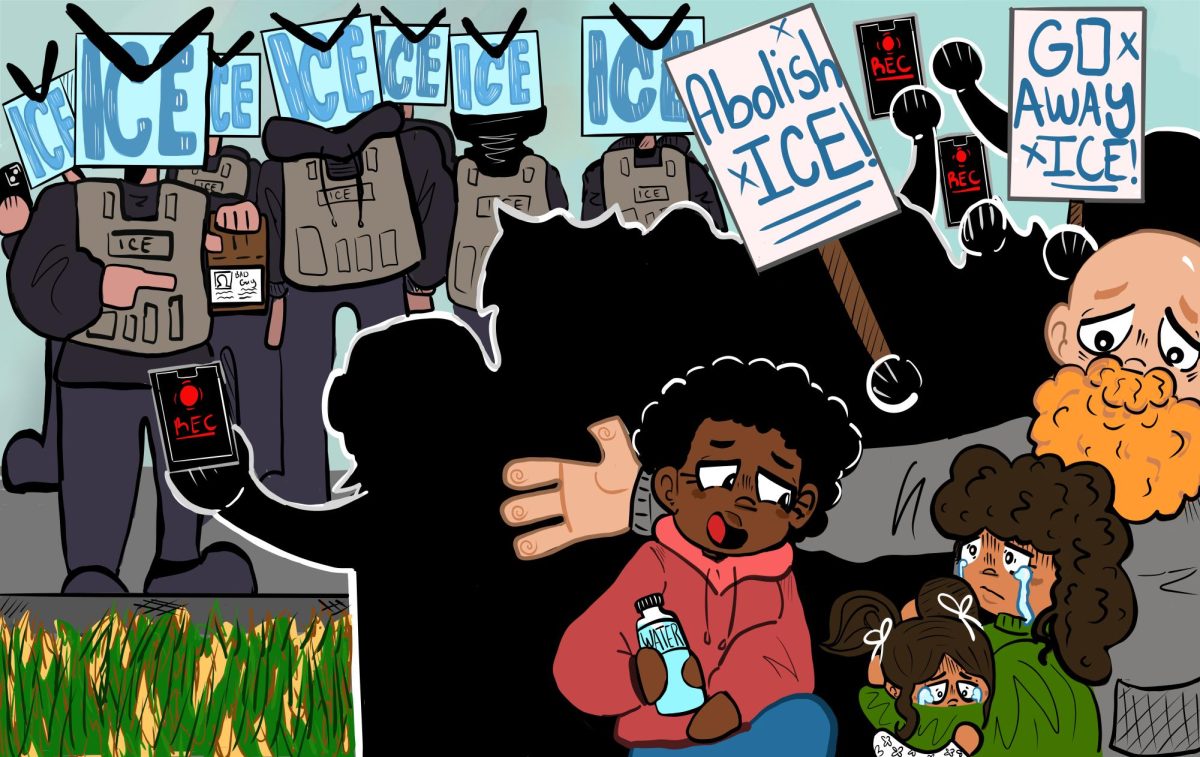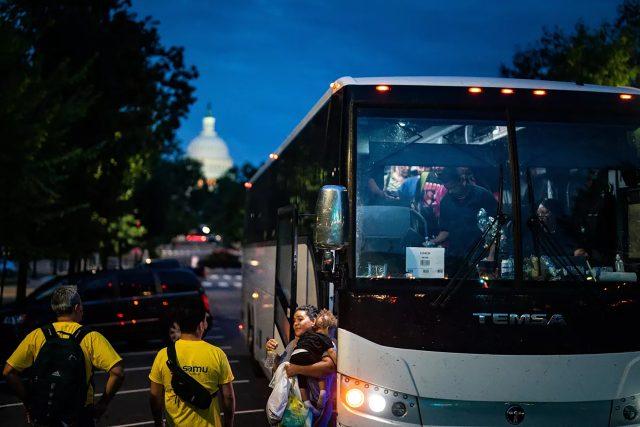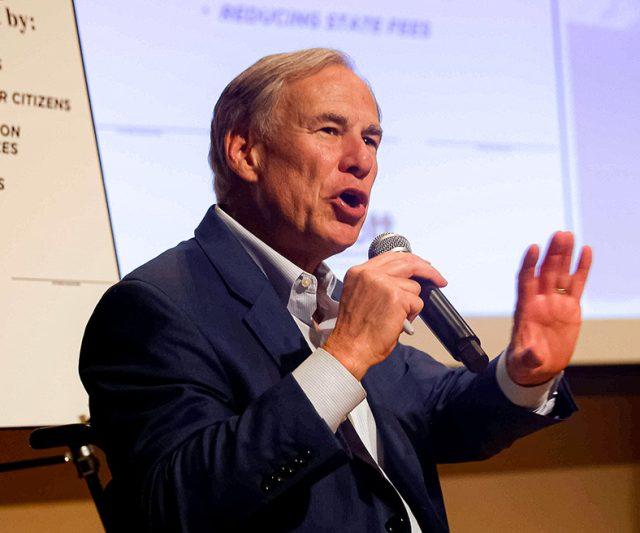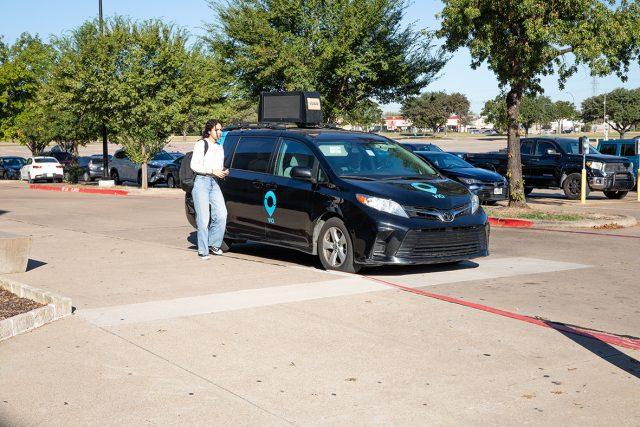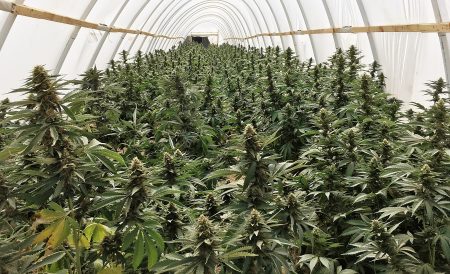
KEYLA HOLMES
campus editor
keyla.holmes@my.tccd.edu
President Joe Biden fulfilled his 2020 campaign promise by pardoning people with simple federal marijuana charges.
On Oct. 6, Biden announced the pardon due to the many obstacles weed charges create.
“Criminal records for marijuana possession have imposed needless barriers to employment, housing and educational opportunities,” Biden said.
While this pardon doesn’t directly impact those who have been charged at local and state levels, Biden urges governors to do the same in regards to state offenses.
“My action will help relieve the collateral consequences arising from these convictions,” he said.
Although SE student Anne Fitzgerald feels the country is headed in the right direction in regards to marijuana, she questions the effectiveness of the pardon.
“This is not realistic because he can only affect those on federal charges,” Fitzgerald said.
“Something would have to be done for those [with] state charges, and this should be done through Congress, not an executive action.”
On a similar note, SE associate professor Ehi Agboaye said he feels states should have the ultimate say when it comes to marijuana charges.
“The federal government has so much to do. They shouldn’t bother themselves with who smokes pot and who doesn’t,” Agboaye said.
While weed hasn’t been legalized, SE student Ian Powell is happy that a step has been taken at a federal level for those with simple weed charges to have a clean slate.
“I don’t see why it should impact you over the entire tenure of your life,” Powell said. “It’s something that could be erased like bad credit.”
Fitzgerald also believes that this will significantly help those who’ve been convicted and have struggled in their daily lives.
“This would have a large impact for those convicted because many people take prior convictions into account in hiring decisions, renting decisions, creditworthiness decisions and other decisions,” she said.
Among the many obstacles marijuana possession offenses pose, Biden also expressed concern for the ways Black Americans are affected.
“Black people have been arrested, prosecuted and convicted at disproportionate rates,” he said.
Fitzgerald said this pardon will help the way all convicted Americans are received.
“This will help everyone of all races and ethnicities to get rid of the stigma of being a convicted felon,” she said.
With midterm elections right around the corner, the question of whether or not this pardon will affect the voting turnout arises.
Fitzgerald thinks that the pardon won’t make too much of an impact on America’s votes due to potentially more pressing topics. Such as abortion, gun control and taxes.
“I don’t think this will impact the election,” she said. “There are too many other topics on which people will be deciding for whom they will cast their ballots.”
Biden said the pardon doesn’t apply to non-citizens or those who aren’t lawfully present in the U.S. at the time of their offense.
Powell feels this makes sense and, as an immigrant, thinks it’s the right thing to enforce.
“I have to support people coming into the country legally, doing things legally, ” he said. “If you want to be a part of that system, you have to get with what that system is doing.”











